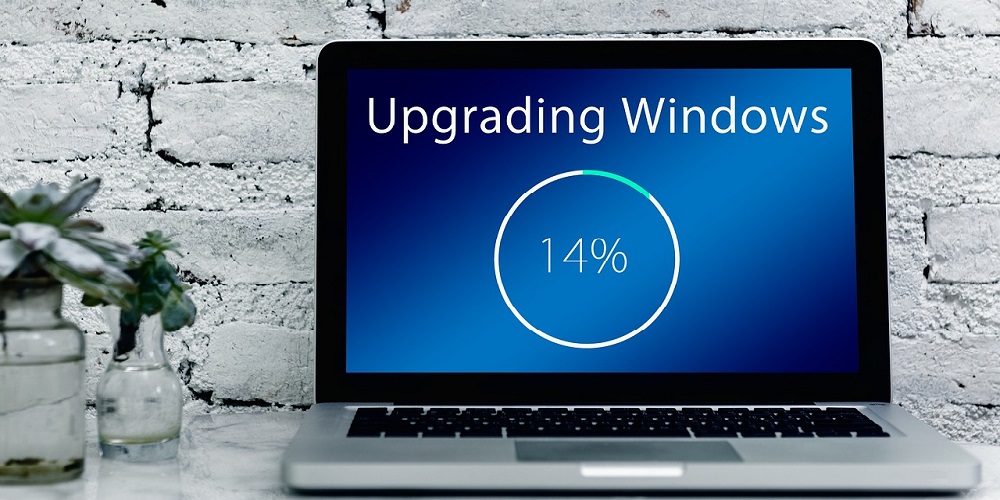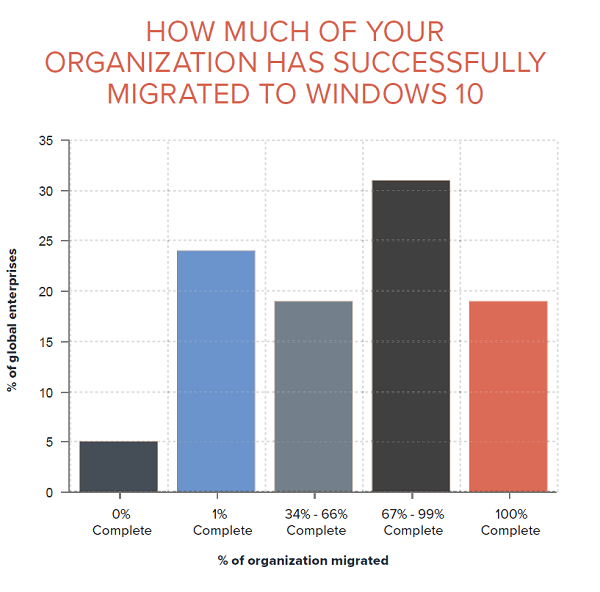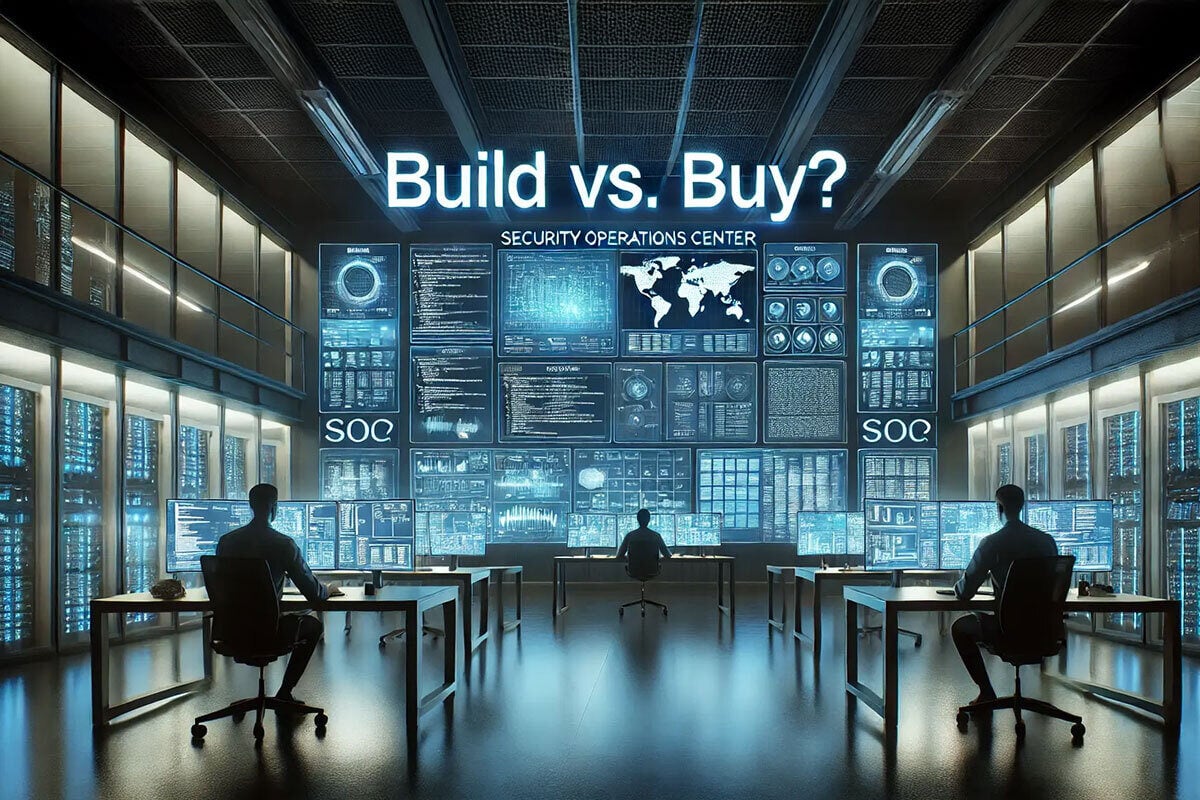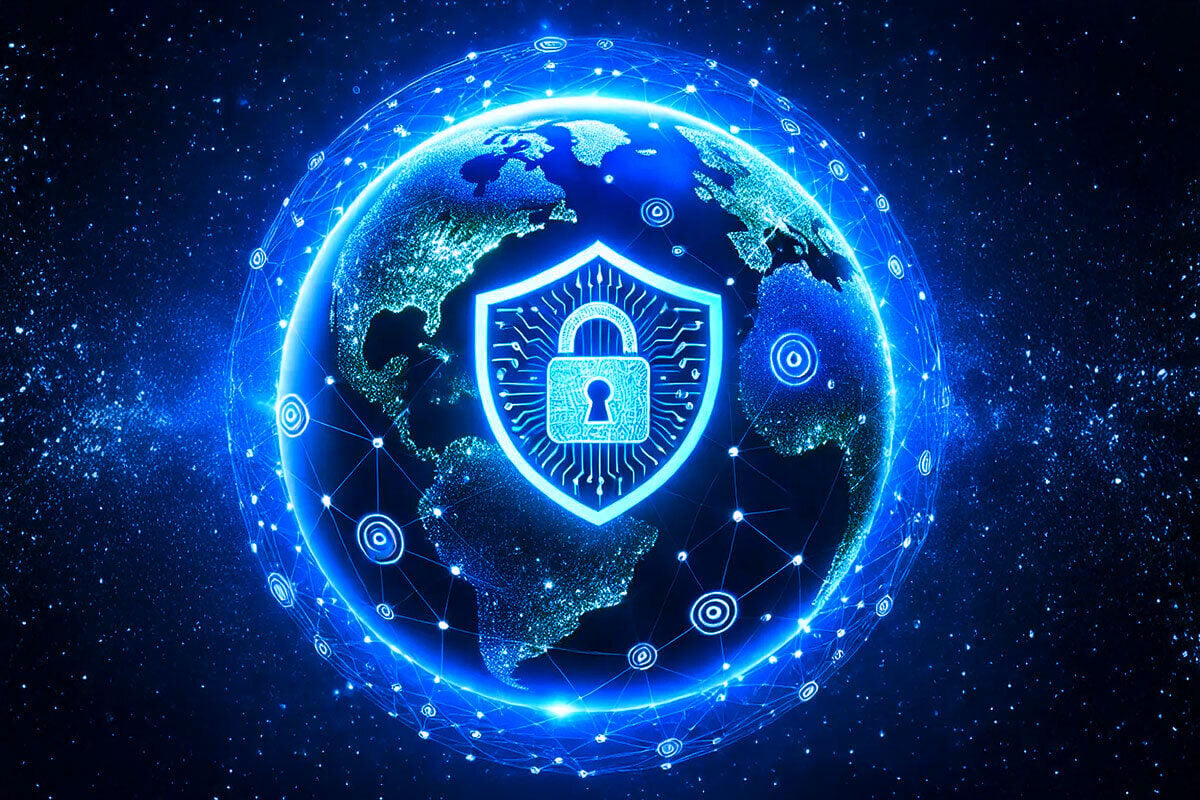43% of Enterprises Not Ready to Say Goodbye to Windows 7

2020 will bring the end of Windows 7, following Microsoft’s announcement that it will no longer offer support and updates for the operating system starting January 14, 2020. But companies appear to have had a good run with it and are not yet ready to say goodbye, a Kollective survey of 1,000 US and UK enterprise IT professionals has found.
Despite security threats posed by Microsoft’s decision to cease updates and user support, 43 percent of enterprises still operate on Windows 7. And this is not even the bad news. What could be worse than keeping company infrastructure on Windows 7? The study says 16 percent of companies are still die-hard fans of Windows XP and Windows Vista, both known for their weak security and vulnerabilities.

Updates and security patches are critical to keeping a network secure and reducing risks. If businesses refuse to drop outdated operating systems, they will create countless vulnerabilities and opportunities for security breaches, not to mention they will be forced to pay millions for some overpriced extended support. “In the case of those largest enterprises, with 10,000 or more devices, the fee to Microsoft could be in excess of $1.4m a year,” Kollective says.
Unless they haven’t already, IT security teams should immediately start the migration to Windows 10, but industry experts are concerned the transition will not be finished on time because of challenges and roadblocks that may arise. In the past, it took some companies as long as three years to transition from the outdated Windows XP.
Even though Microsoft announced the termination of Windows 7 four years ago, only 36 percent of the companies interviewed have fully migrated their systems to Windows 10 - and they were all international companies with 100,000+ terminals. Others are either unaware or struggling to update thousands of systems.

Among the top issues companies have to deal with following the migration is the introduction of Windows-as-a-Service, which creates a number of challenges – including a lack of awareness among companies about what such a business model actually means for their future. Once companies have updated the operating system, their IT security departments will have to perform far more frequent updates, which may be “impossible due to outdated infrastructure,” explained Kollective CEO Dan Vetras. 15 percent of companies were clueless about update frequency so they had no strategy to manage large scale updates.
tags
Author

From a young age, Luana knew she wanted to become a writer. After having addressed topics such as NFC, startups, and tech innovation, she has now shifted focus to internet security, with a keen interest in smart homes and IoT threats. Luana is a supporter of women in tech and has a passion for entrepreneurship, technology, and startup culture.
View all postsRight now Top posts
FOLLOW US ON SOCIAL MEDIA
SUBSCRIBE TO OUR NEWSLETTER
Don’t miss out on exclusive content and exciting announcements!
You might also like
Bookmarks










